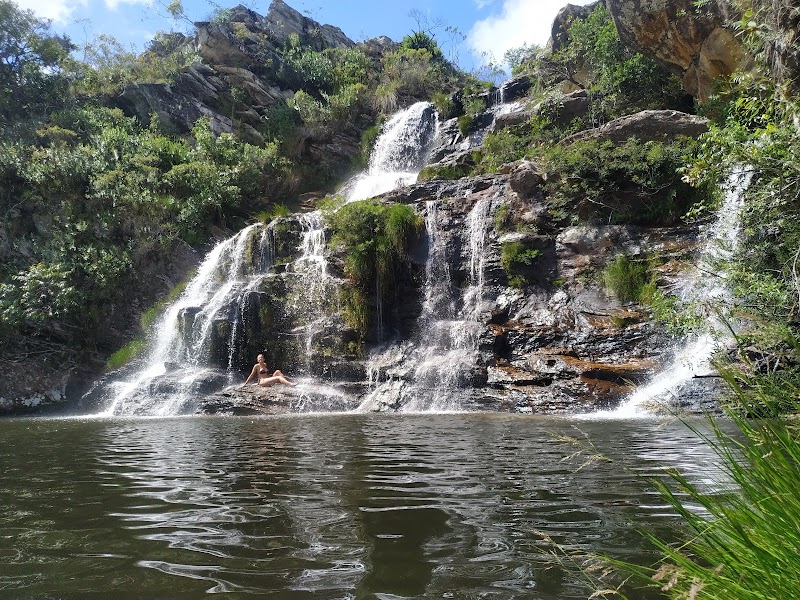
Serra da Caraça State Park Adventures
Serra da Caraça State Park in Minas Gerais, Brazil, protects a rich Atlantic Forest landscape with rugged mountains, caves, and historical sites, offering diverse hiking trails, wildlife viewing, and cultural heritage experiences.
About Serra da Caraça State Park

Located in the Serra do Caraça mountain range in Minas Gerais, Brazil, Serra da Caraça State Park preserves approximately 11,280 hectares of Atlantic Forest biome, a globally significant biodiversity hotspot. The park’s topography features steep granite peaks, deep valleys, and caves carved into the rocky terrain. This diversity provides habitat for a variety of endemic and threatened species, including the maned wolf, ocelots, and diverse birdlife. Historically, the park area was one of the earliest colonial settlements with religious influence, marked by the presence of the Caraça Sanctuary, a 19th-century complex that includes a monastery, chapel, and school, blending religious architecture with natural beauty. Visitors are drawn to the park’s extensive network of trails, which offer routes for all levels of hikers, leading to impressive viewpoints like Morro do Cruzeiro and natural attractions such as the Palácio das Águas waterfall. The caves within the park are also points of interest for spelunking enthusiasts and geology lovers. Wildlife observation and photography are popular activities due to the park's rich fauna and scenic landscapes. The park serves as an important conservation area supporting regional ecological corridors while providing education and low-impact recreation opportunities. The combination of natural features and cultural heritage makes Serra da Caraça State Park a unique destination for outdoor enthusiasts and history buffs alike.
Highlights
Caraça Sanctuary – historic religious and cultural complex within the park
Morro do Cruzeiro viewpoint offering panoramic views of the surrounding mountains
Natural caves such as Lapa dos Brejões featuring notable geological formations
Palácio das Águas waterfall – a picturesque waterfall often visited along hiking routes
Notable Natural Features
Caraça Sanctuary
A historic monastery and chapel complex dating back to the 18th century, offering insight into the region’s religious and cultural heritage.
Morro do Cruzeiro
A prominent summit with a large cross that provides sweeping views over the park’s mountainous landscape.
Lapa dos Brejões Cave
One of the park’s main caves, featuring impressive stalactites and stalagmites, attracting spelunkers and researchers.
